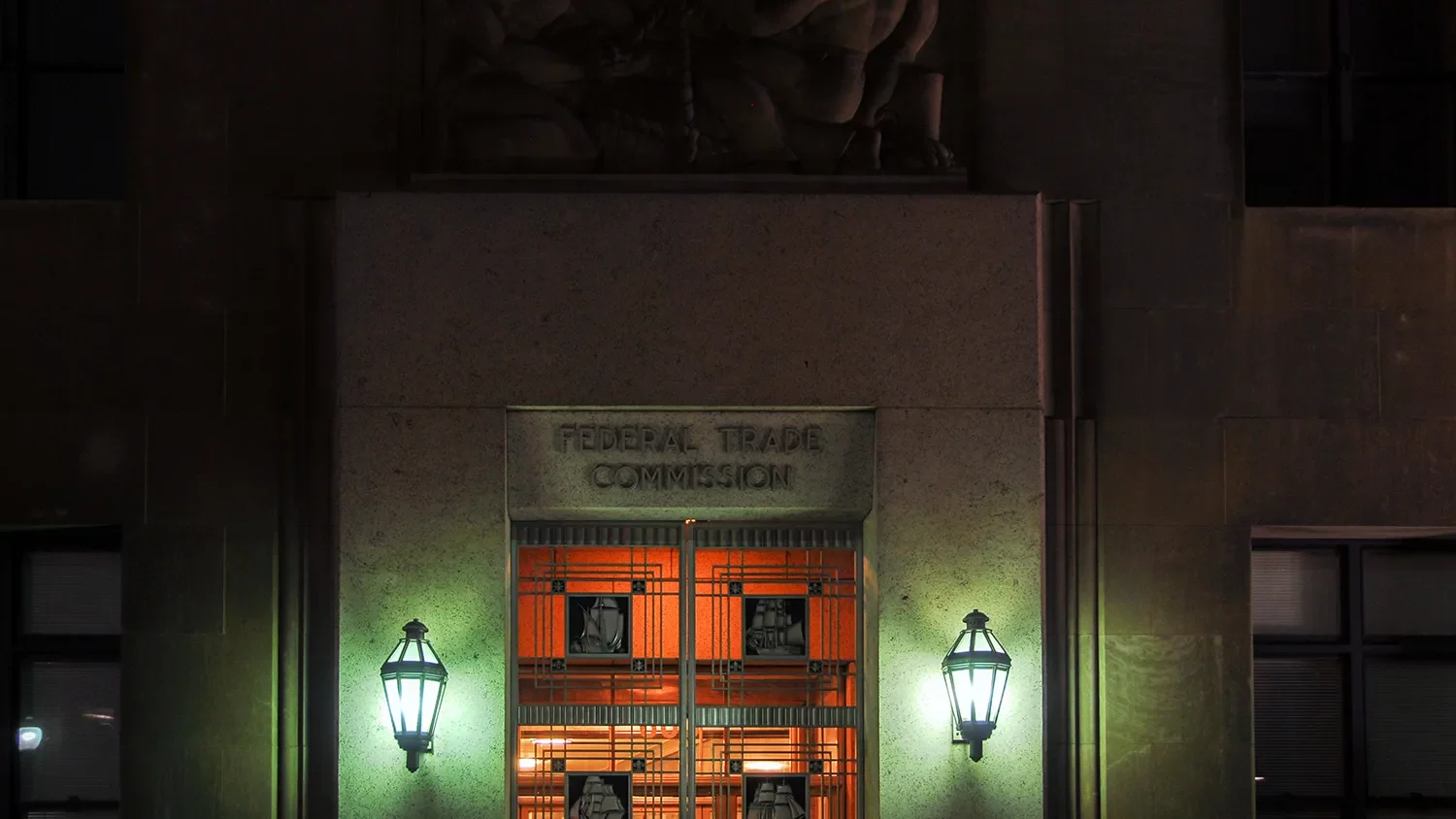Did the FTC Overrule Its Own Staff? Setting an Alternate History Straight
Following the European Commission’s antitrust decision against Google, some commentators have incorrectly claimed that FTC Commissioners’ overrode the agency’s staff when closing the FTC’s so-called ‘search bias’ investigation of Google.[1] As we explained here on DisCo before, this is wrong.
What actually happened? In 2013, the FTC’s five Commissioners (three Democrats, two Republicans) voted unanimously to close a 19-month investigation of Google Search, stating “we have not found sufficient evidence that Google manipulates its search algorithms to unfairly disadvantage vertical websites that compete with Google-owned vertical properties.” In doing so, the FTC concluded “Google adopted the design changes that the Commission investigated to improve the quality of its search results,” and that data showed “that users benefited from these changes to Google’s search results.” Contrary to EU regulators’ recent finding, the FTC reasoned that “changes to Google’s search algorithm could reasonably be viewed as improving the overall quality of Google’s search results.”
Did this overrule FTC staff recommendations? No. FTC Commissioners emphasized that the Commission’s conclusion was “in accord with the recommendations of the FTC’s Bureau of Competition, Bureau of Economics, and Office of General Counsel.”
A leaked FTC memo, obtained by the Wall Street Journal in 2015, indicated that some staff in the agency’s Bureau of Competition (BC) had supported an enforcement action — but not regarding how Google showed ads and results on its Search page. On that issue, the WSJ makes clear that, like every other part of the FTC, the leaked BC memo recommended against a case. Why? BC staff doubted a case would succeed due to “legal hurdles and Google’s ‘strong procompetitive justifications’.” The memo itself thus concludes “…we do not recommend that the Commission issue a complaint against Google for this conduct”.
As DisCo explained at the time, what the BC recommended action on were issues entirely separate from search bias. In pursuing these separate concerns, the FTC secured commitments from Google to change various practices. Having resolved those concerns, the agency did not proceed with its case. In sum, did the FTC decision override a staff recommendation? No, according to the Wall Street Journal, the agency, and the agency’s staff.
[1] This particular instance comes from Internet critic Jonathan Taplin, whom DisCo has previously caught inventing numbers and advancing inaccurate claims. For good measure, Taplin also claims that FTC Commissioners “rarely” disagree with their staff. In fact, that occurs with some frequency. Regardless, in this particular case the statements and reporting indicate there was no daylight between staff and Commissioners on the ‘search bias’ question that European regulators are pursuing.








